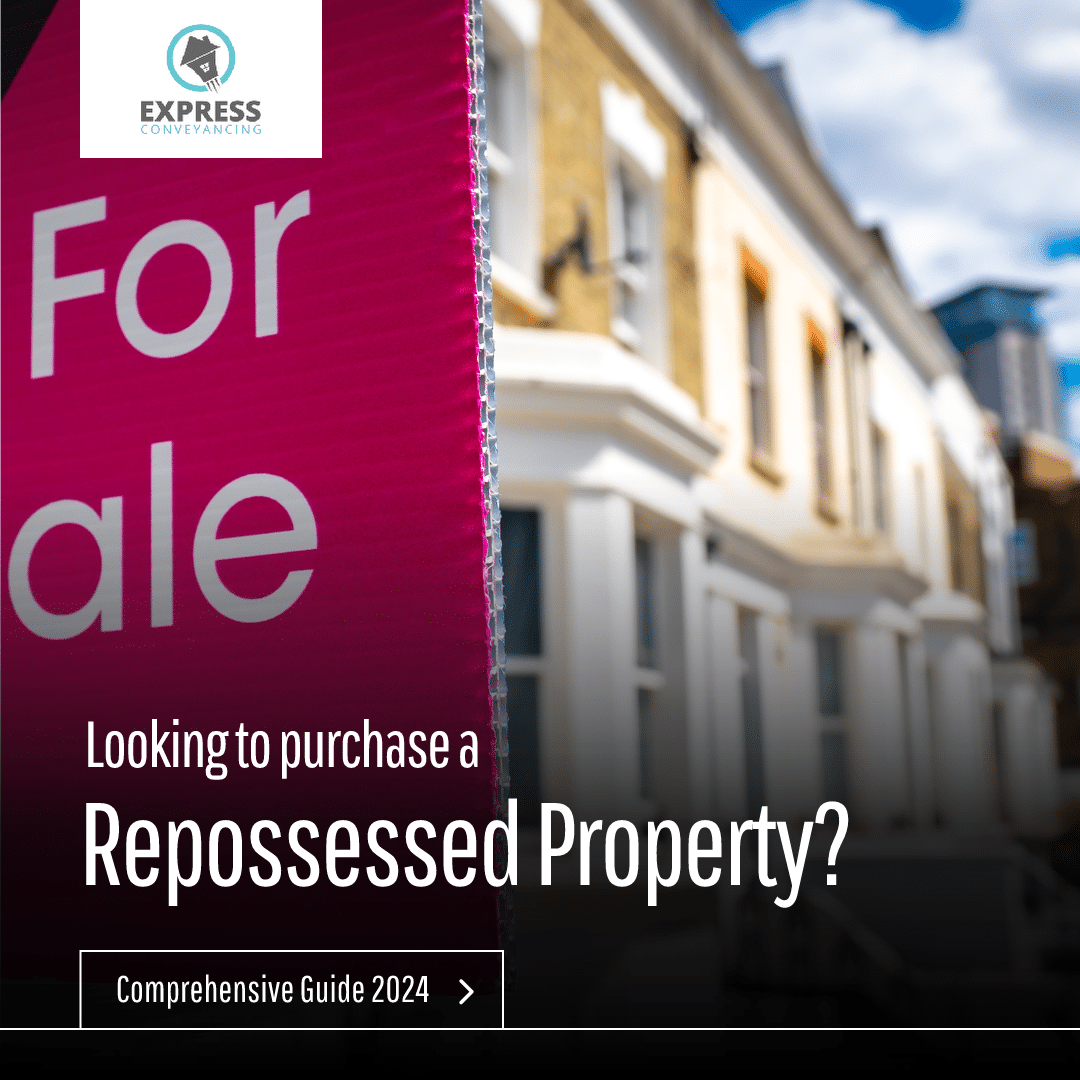How New Build Conveyancing Differs From Standard Transactions
New Build Conveyancing – How Is It Different From A Conventional Conveyance?
What are the main differences between buying a new build home and a used property? Buying a new build is increasingly popular, especially with first time buyers. This is primarily due to the government’s financial assistance schemes available. Also, due to the more recently proposed changes in planning application guidelines it seems likely that there will be more new homes available in the future. There are many differences, between new builds and used homes, but here we are looking at the differences when it comes to the conveyancing procedures. We will also look at how completion arrangements in particular are different with new build conveyancing than that of standard transactions.
Reserving Your New Build Home
Competition for new builds is increasingly high. Therefore, it imperative that if you find the house in the location you are looking for; you reserve the home as quickly as possible. This often feels strange to a new buyer as there may be nothing to see. This is called buying off plan.
When you agree on the style of house and the plot, you will be asked for a reservation fee, often between £500 and £1000, by the builder. This reservation fee will be deducted from the final payment price. Upon reservation, the builder will require exchange, normally within four weeks. If you pull out of the purchase before completion you will most likely lose this reservation fee as it is non-refundable.
It is therefore best to put your legal team on notice as early in the house buying process as possible that you may be putting a reservation fee down and will require the exchange to be executed quickly, usually within four weeks. If you fail to exchange in the agreed time scale you could lose your reservation fee but more importantly, you could also potentially lose the agreed house or the plot you want.
Even more important is that you have a mortgage offer ready, so again, whilst you are looking at properties, make an appointment to visit one or more mortgage providers and obtain a mortgage offer in principal. If you explain to the mortgage provider that you are looking at new builds and may need the offer extending, then you have prepared them for this possibility also.
A mortgage offer is usually valid for six months. Since the predictability of when a new build property may complete is not always an exact science, ensure you know when your offer is coming to an end and request that the offer be extended in plenty of time.
Your legal team will carry out all of the property searches required for a new build, which may differ from those required on an existing home. One consideration to be given for new builds is that many developers put covenants on the property which prevent certain paint colours being used, or that you must obtain the builders permission if you decide to extend the property in the future or that only a particular style of window can be put in. Sometimes these covenants may extend to add things like no caravans can be parked in front of the property. It is always best to ensure you are happy with these types of restrictions. Also ask your conveyancer what these restrictions mean if you are unsure.
When you exchange, ensure that what you agreed with the builder is detailed in the exchange, for example if you agreed the larger corner plot, or a larger garage then this must be reflected in the exchange documents. It is also important that any incentives you have agreed with the builder – be it financial or non-financial are all reflected on the contract.
If you agree to purchase the show home, ensure that all of the furnishings and fixtures are clearly detailed in the exchange documents. This way, there will be no unpleasant surprises or bills on completion.
Part Exchanging and How It Makes New Build Conveyancing More Appealing
Many builders offer a part exchange service for buyers with a home to sell. This prevents the chain from breaking and sales falling through at the eleventh hour. It also offers both the builder and the buyer certainty of timings and gives a financial undertaking to the buyer so that mortgages and dates can be set without worry of delay.
This, however, can make the process more stressful and complex. A builder will normally have a criteria which the part-exchange property must fit to offer a part exchange. Most builders require the part exchange property is at least 30% less in value than the new build being purchased. They will, usually, instruct two estate agents to give a value and make and offer within the value range. There is no estate agents fees to pay and you then have certainty of a purchase and the price being paid.
Up to date EPC certificates will be needed for the builder, along with electrical and gas certificates. Many builders require you leave curtains, carpets and light fittings so that when vacant, the property is ready to be placed on the market.
This arrangement prevents delays for both the builder and the buyer and when ready, completion can go smoothly.
Completion
When you exchange on your new build property, the difference between buying a used home and new build becomes clear. With a used home, you will be given a completion date. With a new build, there is usually no completion date. Completion will be carried out based on Notice being served on your conveyancer, by the builder’s solicitor, once the property is ready. The ultimate date by which completion must take place is known as a long stop date. The notice, when served to you by the builder, generally gives you ten working days to complete, though liaising with the builder nearer the time will generally give you a good idea when to expect the property to be finished and ready for Completion.
Also ensure that the builder passes on the benefit of any guarantees such as NHBC, and on any appliances or boilers installed. What is also worth remembering is that you need to confirm with the builder that the Building Control Certificate for the property will be issued on completion. On some instances, the New Home Warranty Provider may be carrying out the building control aspects themselves, but you cannot assume this will always be the case.
There is a recent instance noted on the Press where lenders have valued some properties at an estate in Bradford at zero pounds, a number of years following completion as it has transpired the buildings have not been signed off as structurally sound.
When completion goes through, you will be the proud owner of a new house, but here are a few matters which may be helpful once the move has taken place.
Evidently, the purchase of a new build property comes with completely different conveyancing challenges to the purchase of a used home. It is vital that you choose a conveyancing solicitor that is experienced in new build homes so that the whole process moves forward in a smooth and risk free manner, leaving you free to enjoy living in your beautiful new home.




